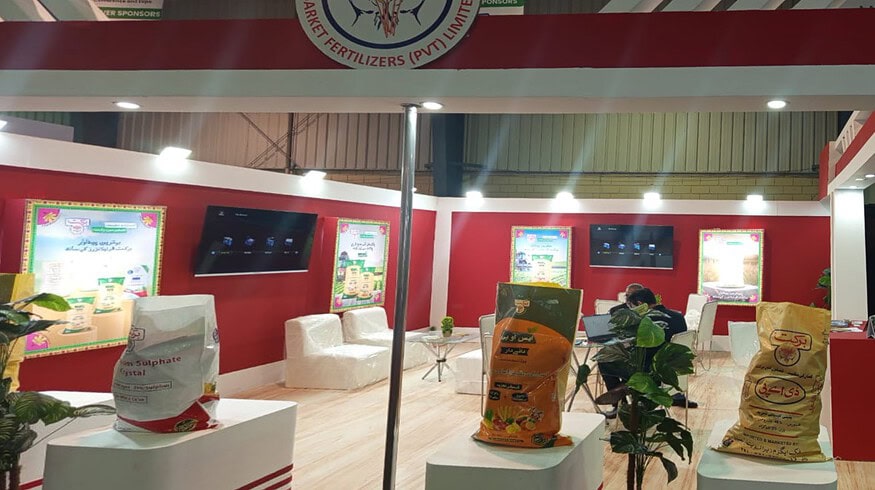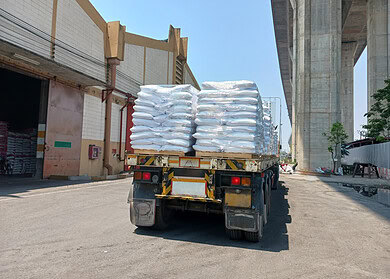Pakistan boosts local sulfate of potash (SOP) production

Pakistan is intensifying efforts to boost its local production of sulfate of potash (SOP) to meet domestic demands and achieve fertilizer self-sufficiency. Barket Fertilizers, based at Port Muhammad Bin Qasim in Karachi—Pakistan’s primary economic and industrial hub—is spearheading this initiative by planning to increase its SOP production capacity.
Barket Fertilizers operates the country’s inaugural modern potassium sulfate manufacturing facility, producing both granular and powder forms of SOP. The plant currently boasts a production capability of 30,000 metric tonnes. Malik Adnan Said, an official from Barket Fertilizers, revealed plans to expand this capacity to 50,000 metric tonnes utilizing advanced Korean technology.
The expansion, which involves building a third production unit, is projected to cost about $10 million and is expected to be completed within the next year. The company also imports and markets diammonium phosphate (DAP).
“Our SOP plant is set to offer farmers a high-quality product at competitive prices, which we believe will lead to enhanced agricultural productivity,” commented on the development Malik Adnan Said, an official from Barket Fertilizers. He emphasized the importance of local production in alleviating the pressure of rising potassium fertilizer prices and reducing Pakistan’s reliance on imported fertilizers, which should positively affect the country’s balance of payments.
Currently, Pakistan’s annual SOP requirement ranges from 75,000 to 100,000 metric tonnes, covered through both local production and imports. With Barket Fertilizers’ increased capacity, a more significant portion of this demand can be met domestically. Another Lahore-based producer is also planning to expand its SOP production capabilities, while Kali Fertilizer Pakistan continues to import German SOP to cater to the specific needs of the soil in Sindh Province.
Commenting on Pakistan’s current agriculture market, Olivier Durand, the World Bank’s lead agriculture specialist, confirmed the need for targeted support for small farmers to bridge the productivity gap despite the prevailing agricultural policy’s focus on larger farms.
Enjoyed this story?
Every Monday, our subscribers get their hands on a digest of the most trending agriculture news. You can join them too!













Discussion0 comments